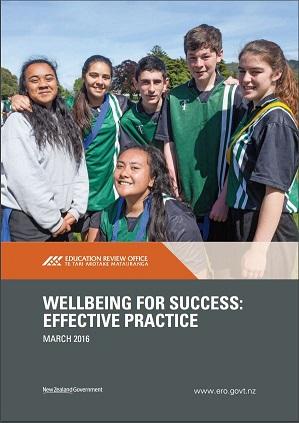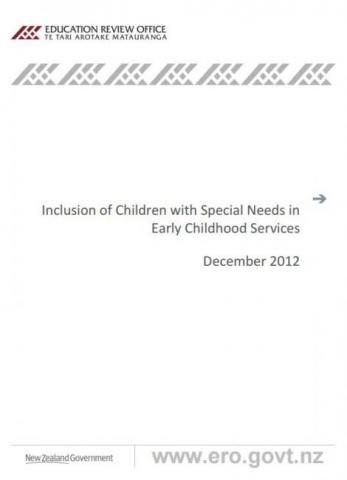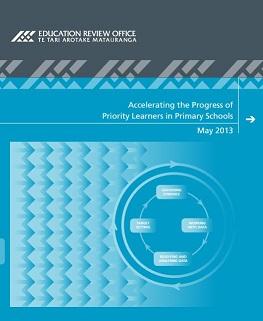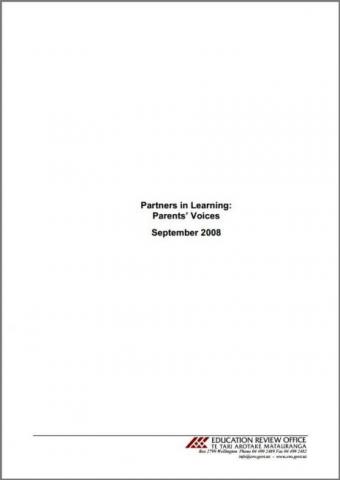Case studies - Aotea College Case Study: Improving Māori student wellbeing and achievement
Published: 28 May 2018
Improvement in Action brings to life ERO’s School Evaluation Indicators and illustrates what works to achieve successful outcomes for all children and young people in the education system.
The case studies complement the video sequences in Improvement in Action.
- Audience:
- Parents
- Schools
- Content type:
- Research
- Topics:
- Educultural Wheel
- Tātaiako
- Positive Behaviour for Learning (PB4L)
- Communities of Learning | Kāhui ako







